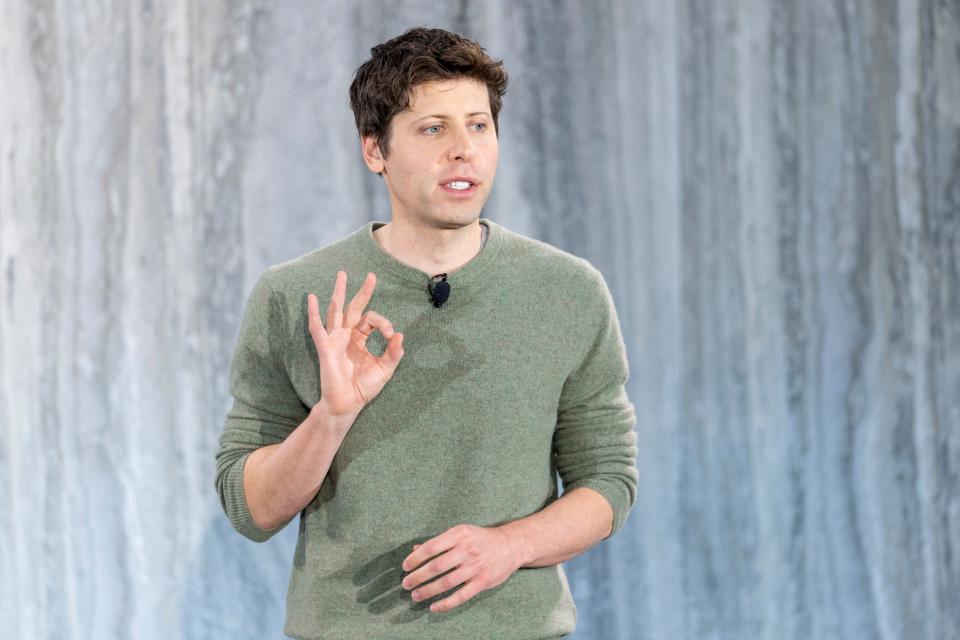Can you guess the Dictionary.com 2023 word of the year? Hint: AI might get it wrong
This year, artificial intelligence dominated public discourse, from the discoveries of what large language models like ChatGPT are capable of to pondering the ethics of creating an image of Pope Francis in holy drip.
That is why Dictionary.com has chosen a word that captures the mystery, possibilities and limitations of AI for its 2023 Word of the Year: "hallucinate."
The second definition under the word on Dictionary.com is "(of a machine learning program) to produce false information contrary to the intent of the user and present it as if true and factual."
Grant Barrett, head of lexicography at Dictionary.com, told USA TODAY in an interview that the evolution of the word in the technology space mirrors other words like "spam" and "virus."
"It takes an older word with a different meaning but gives an a new technology spirit," Barrett said. "It also represents this unfortunate discrepancy between what we want to happen with technology – we want it to be perfect and great solve problems – yet it's never quite there. ... It's messier than we plan it to be."

Origins of the technological meaning of 'hallucinate'
While AI hallucinations became mainstream this year, its technological origins date back much further. In the 1970s, scientists trying to make computers read human handwriting used "hallucinate" to refer to the computer's mistaken readings, Barrett said.
"Even back then they understood, 'oh we're going to borrow this term that means to see things that aren't really there, because that's what's happening with our computer stuff that we're building,'" Barrett said.
While 'hallucinate' expanded from technological jargon to become the word of the year, Barrett said, technology professionals are moving away from it now because it feels too human.
How Dictionary.com chose the word of the year
Barrett said choosing the word of the year starts early. His colleagues share new words with one another in a group chat as they rise to popularity throughout the year.
At the end of the year, they gather up the words, pare the list down, then compare the final contenders by search data.
The team realized AI had to be the theme of the year, and "hallucinate" was the word that popped out to the team.
According to data provided by Dictionary.com, there was a 46% increase in lookups this year for "hallucinate" compared with last year.
Other words in the running for 2023 Word of the Year
Five other words made the shortlist for Dictionary.com's word of the year:
Strike. This word played a major role in the news this year after several lengthy labor battles.
Rizz. Dictionary.com said this word was the website's most consistently looked-up slang term.
Wokeism. Dictionary.com called this word a "signifier of broad political opposition" and one widely used this year. The entry for "wokeism" saw a 2,300% increase in page views this year.
Indicted. Former President Donald Trump put "indicted" in the news several times this year, leading to bumps in related definition searches on Dictionary.com.
Wildfire. A devastating fire in Hawaii and wildfires in Canada that sent smoke all over North America signified worsening weather events because of climate change, Dictionary.com said.
This article originally appeared on USA TODAY: In a year of AI, Dictionary.com names 'hallucinate' the word of 2023

